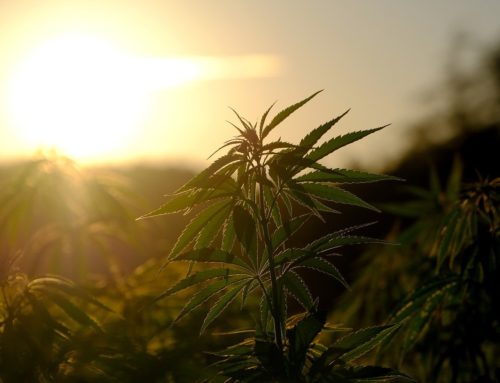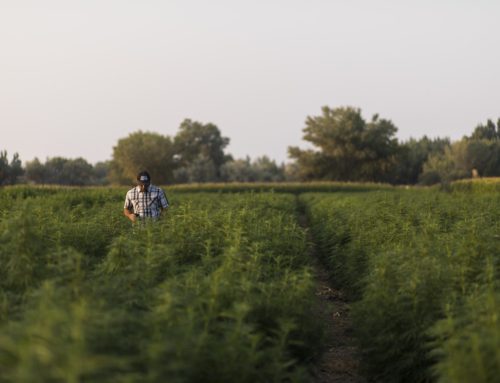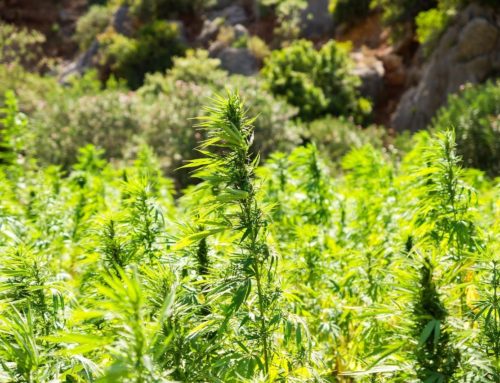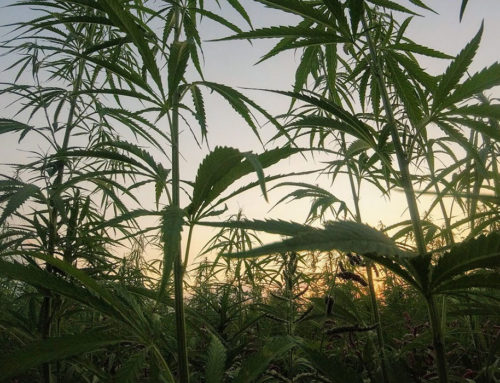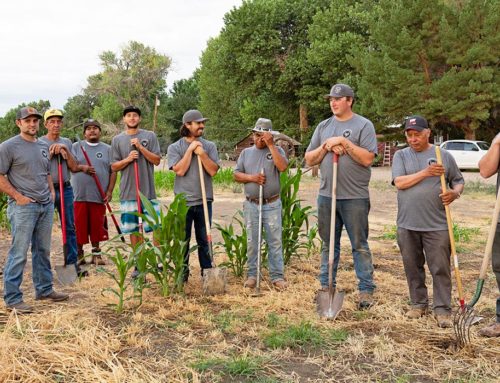Hemp paper has a variety of benefits over paper made from trees. Not only is it better for the environment, but it is also more durable than traditional paper. So why isn’t all our paper made from hemp? It’s all about the controversial history of cannabis sativa.
History of Hemp Paper
Ancient paper was made from hemp fabric by the Chinese that historians date around 2,200 years ago. The fabric was pressed into sheets to make the world’s first known paper. While hemp was already in use to make fabric, canvas sails, rope, and to eat (seeds), it wasn’t until the Western Han Dynasty that hemp paper was created to take the place of stone and wood tablets.
When this novel way of making paper moved across the world, it became the primary way to record important information and wrap valuable products like porcelain. China quickly saw the value of paper made from hemp and built the world’s first paper mills.
Hemp paper was used for centuries and became the world’s paper, an ideal way to transfer knowledge between cultures. Documents and writings that have changed the world were printed on hemp paper including the Gutenberg Bible, the Magna Carta, Thomas Paine’s pamphlets that spurred the American Revolution, and even the first drafts of the Declaration of Independence.
Another famous historical use included hemp bank notes, stamped paper, credit bills, postal stamps, bonds, stocks, and other watermarked paper produced at the Goznak Paper Mill in Saint Petersburg, Russia in 1818.
Hemp paper’s influential history in the United States sadly ended when hemp cultivation was prohibited in the 1930s due to the fact hemp is the same plant as marijuana, albeit a different strain and with no THC, the psychoactive ingredient in cannabis sativa. Textile and newspaper companies used their lobbying power to further extinguish the progression of hemp cultivation and production.
It wasn’t until the recent passing of the 2018 Farm Bill when more and more hemp farms were able to grow in the United States and the hemp industry had a resurgence, though it will never quite be the same or have the same momentum. Currently, hemp paper is used for cigarette paper, toilet paper, and specialty paper, each still representing quite a niche market.
Read more about the storied history of hemp here.
How It’s Made
Hemp paper can be made from long or short bast hemp fibers (hurd or pulp). Hemp pulp contains a much longer fiber than wood pulp and lower lignin content which leads to a paper that is less easy to tear and stronger. Hemp paper made from fiber tends to be brittle and rough while hemp paper from pulp is softer and can be used in place of paper made from trees.
Hemp stalks are composed of 85% cellulose- the main source to make paper. Compare that to trees which are only made up of 30% cellulose. In order to extract the cellulose content, toxic chemicals are necessary, which means that making paper from trees is not a clean process.
Eco-Friendly Option
Hemp can truly be called a renewable resource. The hemp plant grows to full maturity and can be harvested in three to four months. Compare this to a tree that takes 20 to 80 years to fully grow. Hemp paper also doesn’t need to be bleached like wood paper which means no toxic waste that often ends up in waterways.
An acre of hemp can produce as much paper as four acres of trees and hemp can be harvested multiple times a year.
Hemp paper also uses significantly less water and energy to produce. In fact, according to Hemp Frontiers, the paper industry is the fifth largest consumer of energy, accounting for 4% of the world’s energy consumption.
Western States Hemp | Nevada’s Industrial Hemp Growers
Western States Hemp grows high-quality hemp strains for a variety of CBD and hemp products including flower, isolate, and tinctures. The raw material that is discarded after extracting CBD can then be milled or processed into hemp paper and even hemp plastic.
Cannabis sativa is known as a miracle plant for good reason!
If you or your company is interested in hemp paper production, reach out to see how we can provide you with bulk hemp fiber or pulp!
